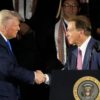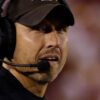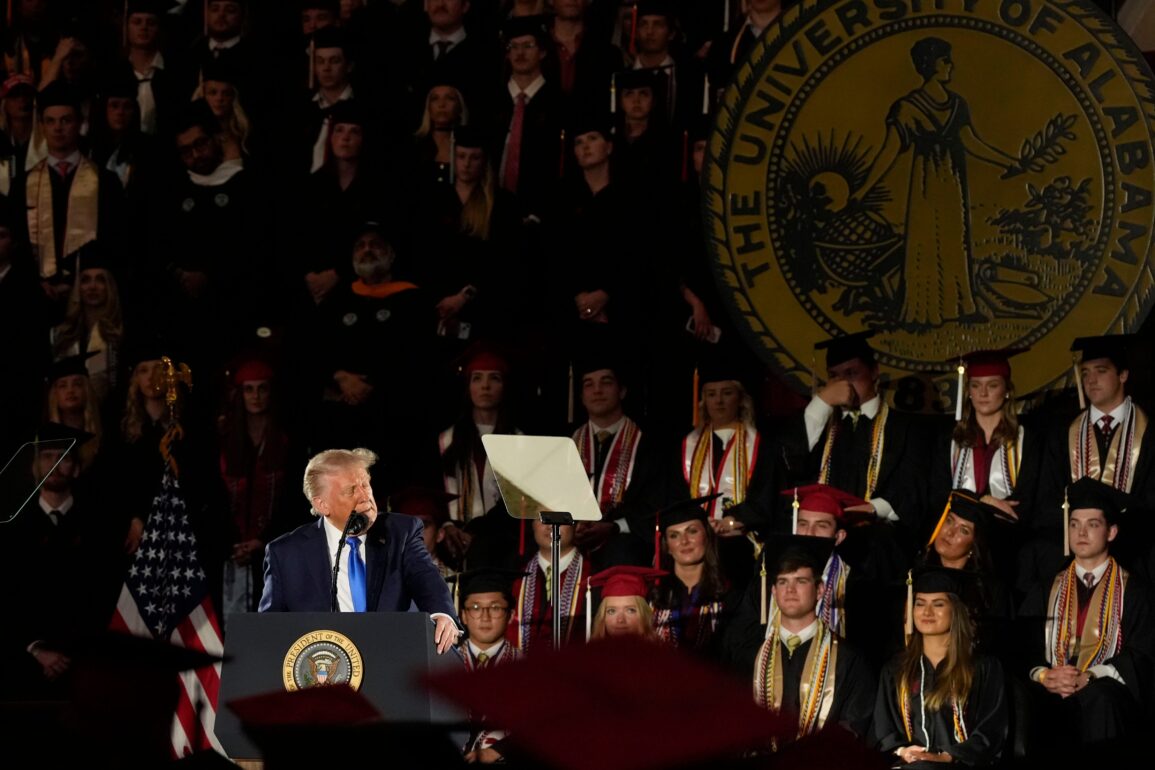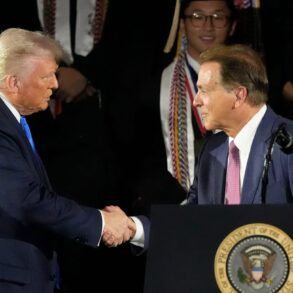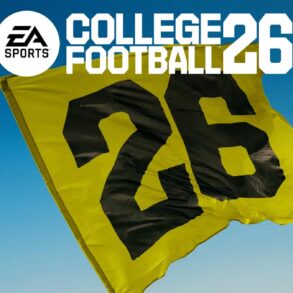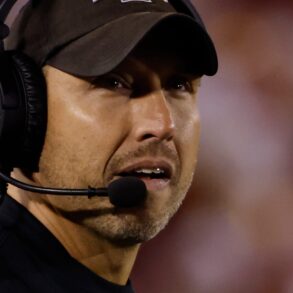Trump’s review of the matter comes in the wake of a conversation he had with former Alabama football coach Nick Saban earlier this week.
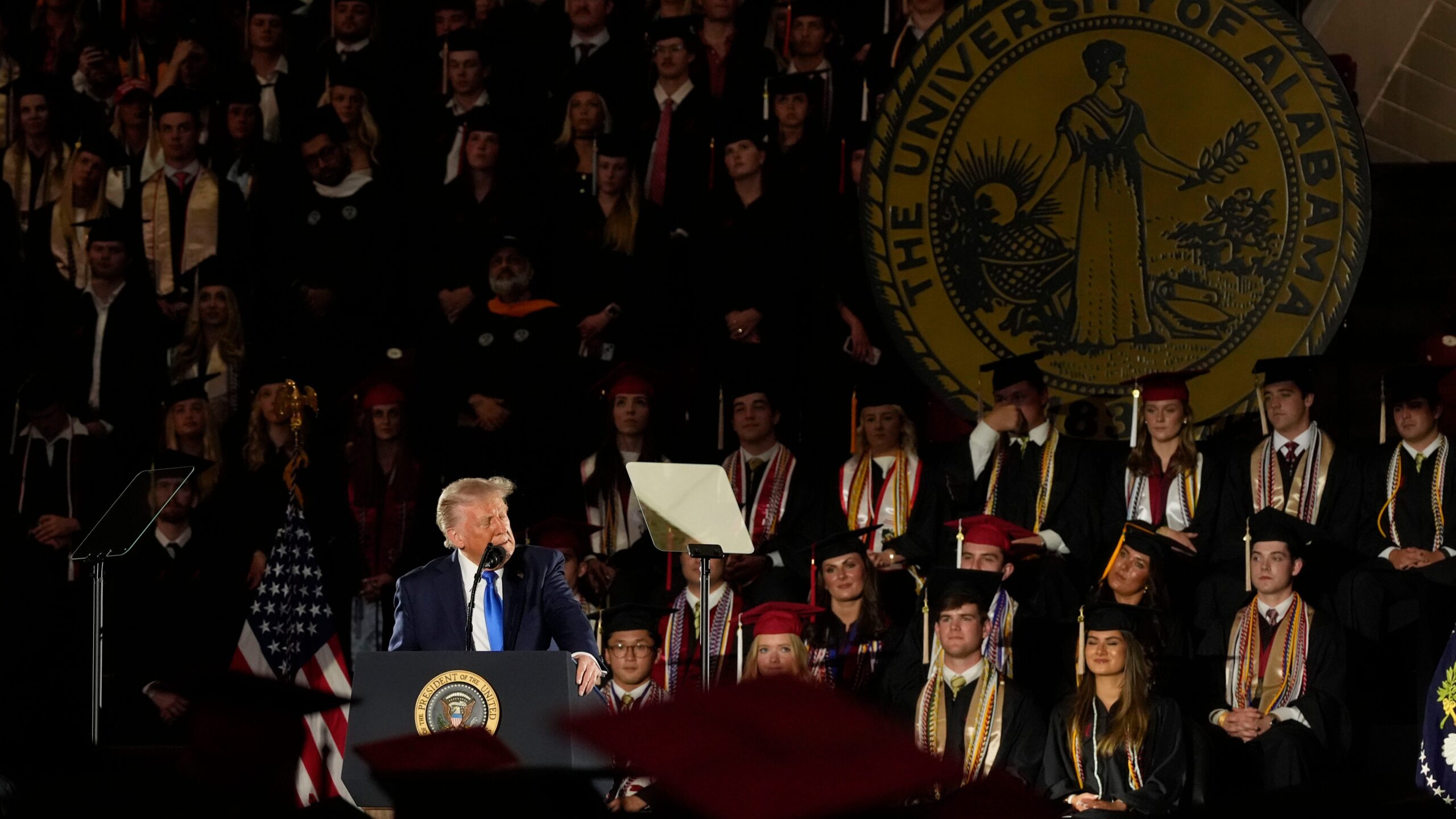
Trump says he will revoke tax-exempt status for Harvard University
The Trump administration has threatened to freeze $2 billion in federal funding after not agreeing to a list of demands from the administration.
- Sen. Richard Blumenthal, amid talks with Sen. Ted Cruz for bill, says Trump “has no power to attempt to rule by decree — especially to give handouts to the NCAA.”
WASHINGTON ― President Donald Trump is giving “serious consideration” to signing an executive order that would address payments to college athletes, a person familiar with the matter confirmed to USA TODAY on May 2.
The person requested anonymity because they were not authorized to speak publicly about the matter.
Trump’s review of the matter comes in the wake of a conversation he had with former University of Alabama football coach Nick Saban on May 1, when Trump was in Tuscaloosa to speak at the university’s commencement ceremonies.
The order could potentially add oversight to name, image and likeness, or NIL, that has exploded across college athletics with few regulations, although how the order would address NIL was not immediately clear.
The Wall Street Journal first reported Trump’s consideration of the action, which would add to the more than 140 executive orders Trump has signed in his first 102 days, spanning a range of issues.
Saban has been critical of the current state of college sports, including at a roundtable event in Washington that was hosted by Sen. Ted Cruz, R-Texas, in March 2024 as part of Cruz’s ongoing efforts to craft college-sports legislation that can pass Congress.
Saban said at the time that athletes’ “personal development” was being hindered by the combination of virtually unregulated opportunities for athletes to make money from NIL and their ability to transfer multiple times in their college careers. He also called for “rules that create some kind of competitive balance, which right now we don’t have in college athletics. It’s whoever wants to pay the most money, raise the most money, buy the most players is going to have the best opportunity to win. I don’t think that’s the spirit of college athletics.”
U.S. Sen. Tommy Tuberville, R-Alabama, said he had a “great conversation” with Trump on Air Force One about “the importance of establishing national standards for NIL” during the president’s trip to his state.
“College football is the heart and soul of America ‒ but it’s in danger if we don’t level the playing field,” said Tuberville, a former football coach at Auburn University and other schools.
Trump’s potential entry into this area comes as lawyers for the plaintiffs, the NCAA and the Power Five conferences have been trying to revise one aspect of the proposed settlement of three athlete-compensation antitrust cases that U.S. District Judge Claudia Wilken has said she is otherwise prepared to give final approval.
Under the arrangement, $2.8 billion in damages would be paid to current and former athletes — and their lawyers — over 10 years, and Division I schools would be able to start paying athletes directly for use of their NIL, subject to a per-school cap that would increase over time and be based on a percentage of certain athletics revenues. Athletes would continue to be allowed to have NIL deals with non-school entities, but any deals worth $600 or more would be subject to greater scrutiny than they are now.
While the proposed settlement would solve some problems for the NCAA and its conferences and schools, they have continued to lobby Congress for legislation that would, among other things, enshrine in federal law athletes’ NIL rights, preempt dozens of state laws that have been passed in connection with athletes’ NIL rights and give the NCAA a measure of legal protection against antitrust actions. This is where Trump could step in.
Trump instructed White House aides to begin studying what an order would look like, according to The Wall Street Journal.
Sen. Richard Blumenthal, D-Conn., on the night of May 2, said in a statement to USA TODAY of Trump’s potential involvement: “College sports reform can only happen through Congressional legislation based on bipartisan negotiations that put college athletes first. The President is welcome to support Senate negotiations, but he has no power to attempt to rule by decree — especially to give handouts to the NCAA over the blood, sweat, and tears of players.”
One of the lead lawyers for the plaintiffs in the ongoing antitrust case, Steve Berman, in a statement to USA TODAY, blasted the prospect of Trump’s involvement in any way that would limit athletes.
“The president says he is the greatest business person ever,” Berman wrote. “Why would he do anything to limit the business deals students are negotiating for their NIL. He has been a benefit of the free market why not these young athletes[.]
“As for Saban what a hypocrite. He has been an opponent of NIL from the start while he made tens of millions off the backs of these athletes. Even [J]ustice Kavanaugh, one of (Trump’s) appointed judges, stated in his [A]lston decision that this was wrong.
“Trump should talk to coach (Jim) Harbaugh who is a fan of the burgeoning NIL market and not a fan of the system of coach exploitation that Saban benefited from[.]”
Berman was referencing Justice Brett Kavanaugh’s concurring opinion to the Supreme Court’s unanimous ruling in the Alston vs. NCAA antitrust case in which the high court ended the association’s limits on education-related benefits athletes can receive for playing college sports. Kavanaugh heavily criticized the NCAA’s limits on athletes’ compensation, writing, among other things: “The NCAA’s business model would be flatly illegal in almost any other industry in America.”
Harbaugh, now with the NFL’s Los Angeles Chargers, repeatedly advocated for greater compensation for college athletes during his nine seasons as the University of Michigan’s football coach.
This post was originally published on this site be sure to check out more of their content.


